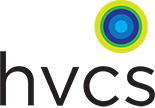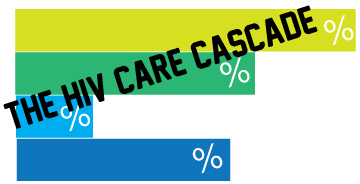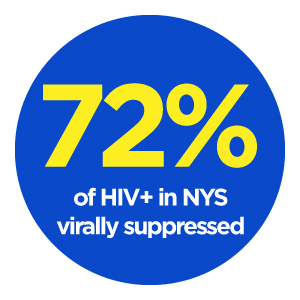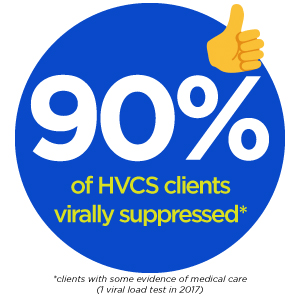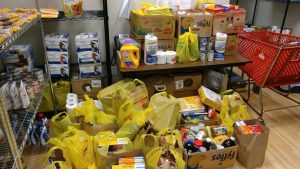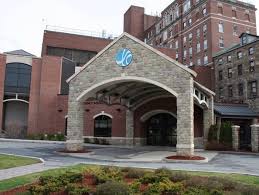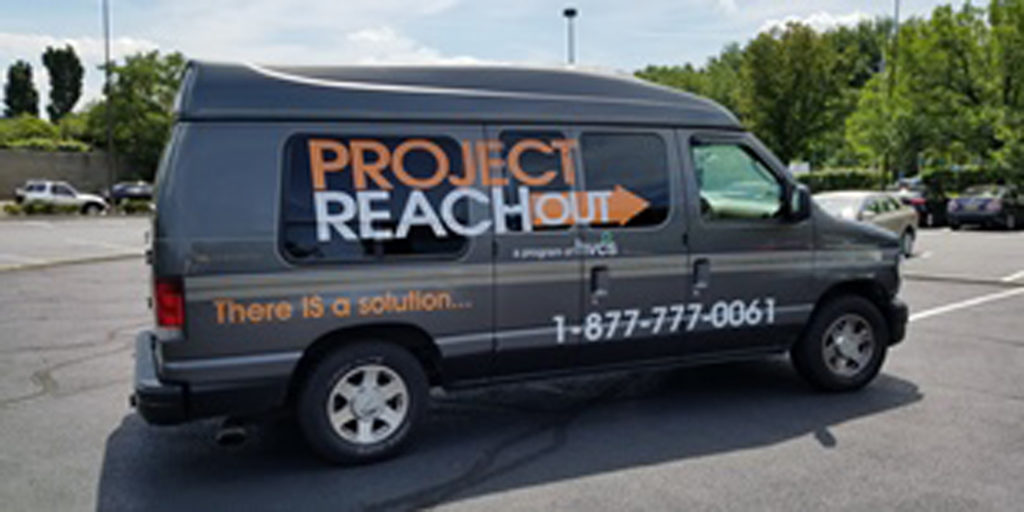YOUR ACTIONS AND OPINIONS ARE NEEDED BY DECEMBER 10, 2018
This summer, the US Department of Homeland Security proposed changes to the rules that determine what makes an immigrant eligible for a permanent visa or citizenship. There were preexisting rules which stated that immigrants applying for admission were not, are not and will not be a “public charge,” that is, a burden on society—measured by their usage (or not) of public benefits and aid programs. These newly proposed changes will expand the list of public benefits which will disqualify immigrants from successfully establishing permanent residence.
A summary of the new rule reads: “Aliens who seek adjustment of status or a visa, or who are applicants for admission, must establish that they are not likely at any time to become a public charge…Moreover, DHS proposes to require all aliens seeking an extension of stay or change of status to demonstrate that they have not received, are not currently receiving, nor are likely to receive, public benefits as defined in the proposed rule.”
Hudson Valley Community Services condemns the expansion of these disqualification rules. Receipt of public benefits, including food stamps, housing subsidies and/or Medicaid, should not be a determining factor in establishing US citizenship because it is blatantly discriminatory to populations who are already vulnerable, disenfranchised and financially bereft. The proposed rule discriminates against poor people from developing nations and thus favors wealthier, more advantaged immigrants from industrialized nations. At their roots, these proposed regulations are abhorrently racist.
The people that will be disqualified from citizenship under this policy are our clients. We know this because we have worked with poor, disenfranchised and marginalized communities since our founding. Plus, the New England Journal of Medicine recently found that 19 percent of noncitizen adults use Medicaid, and 38 percent of their children are either on Medicaid or CHIP. We have worked with hundreds of immigrants, many undocumented, because we are a resource of last resort. As a private non-profit organization, not only do we have the flexibility to open our doors to anyone, but serving these communities is our mission. We serve as intermediaries to connect anyone who needs help to all available services; we not only educate them on what’s available, but we also help people navigate the often complex processes for signing up for SNAP benefits, housing subsidies, and Medicaid. We fight for the health and wellbeing of everyone and anyone who lives in the Hudson Valley, regardless of immigration status—because we see them as fellow humans.
The undocumented clients who come to us are mostly from Latin American countries and arrive here without a common language, fleeing violence, oppression and dangerous conditions in their home country, and have a genuine, sincere interest in establishing fully productive, lawful lives here in America. None of our clients want to receive public benefits—they would rather not have to turn to us. It is simply not true that people who seek public assistance are merely lazy, don’t want to work, and are clamoring to enroll. That is not the reality that we experience out there in low-income neighborhoods. Our staff have to work very hard to educate and enroll people in programs like SNAP and Medicaid because people often don’t want to admit that they need temporary help. That reluctance to speak up will only grow if the DHS changes are implemented—which seems to be the true desire of this heartless and discriminatory proposal.
This proposal will, if implemented, deter those who desperately need assistance with meeting their daily and healthcare needs. It has already had a chilling effect on the undocumented among us and even legal immigrants. Both groups are already avoiding public programs like CHIP (which is exempted from the final rule) and this has negative ripple effects on the healthcare market as a whole. Experts also warn that it will negatively impact large public health concerns, for things as far-reaching as the upcoming flu season. If immigrants are reluctant to access healthcare and get flu shots, we will all be at greater risk for the flu—which means there will be more flu cases and carriers. This circumstance could be replicated in other public health concerns, including HIV/AIDS, hunger, and substance abuse.
DHS’ changes will compromise children’s health, nutrition and development; impact access to health care for legal immigrants and citizens alike; reduce housing options; and negatively affect our local economies. Incentivizing certain communities to remain silent about domestic violence, hunger, public health dangers, addiction disorders, infectious diseases, social injustice, gun and gang violence harms the entire Hudson Valley and all Americans.
Hudson Valley Community Services urges all concerned citizens to log a public comment on the DHS website before December 10, 2018 speaking out against the proposed changes to the nations immigration policy: https://www.federalregister.gov/documents/2018/10/10/2018-21106/inadmissibility-on-public-charge-grounds
Please lend your voice and opinion on this issue by visiting the link above and lodging an original, personalized comment. Though it would be easier to “cut and paste” a response, the Federal Register only counts original comments (comments using the exact same words are counted as one comment, regardless of the number of comments). You have until December 10th to make your voice heard.
We also urge Federal, state and local lawmakers to lend their voice in opposition to this dehumanizing and marginalizing proposal that weakens our social fabric and American values.
A wide array of organizations and groups share our perspective on these damaging regulatory changes. If you would like more resources and information, please call (914) 785-8326 and we will be glad to share those with you.
 Hudson Valley Community Services has been awarded a grant for $22,000 from The Elizabeth Taylor AIDS Foundation (ETAF) in partnership with Macy’s. The grant will be used for HVCS’ Psychosocial Support Services (PSS) program, which is a unique vehicle to provide HIV-positive residents of Westchester, Putnam and Rockland with emotional and psychological support, support groups, and ensure they remain connected to care and community. Specifically, ETAF’s grant will fund art therapy and interactive journaling for the women’s support group. PSS began on March 1, 2019.
Hudson Valley Community Services has been awarded a grant for $22,000 from The Elizabeth Taylor AIDS Foundation (ETAF) in partnership with Macy’s. The grant will be used for HVCS’ Psychosocial Support Services (PSS) program, which is a unique vehicle to provide HIV-positive residents of Westchester, Putnam and Rockland with emotional and psychological support, support groups, and ensure they remain connected to care and community. Specifically, ETAF’s grant will fund art therapy and interactive journaling for the women’s support group. PSS began on March 1, 2019.